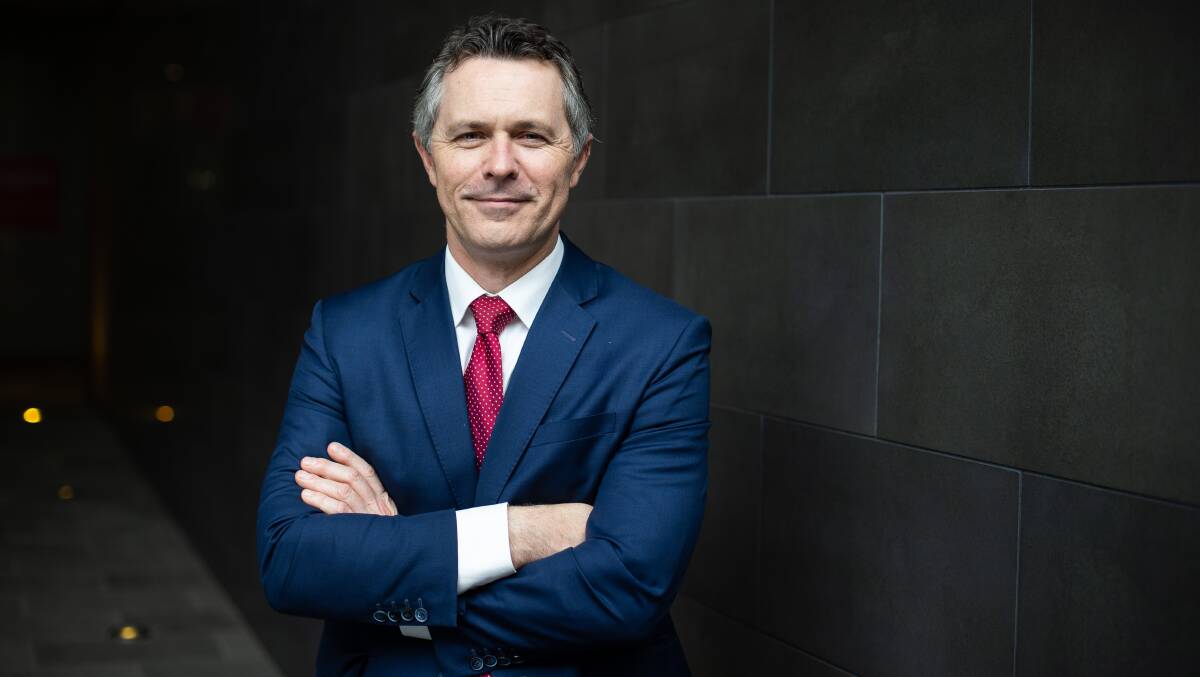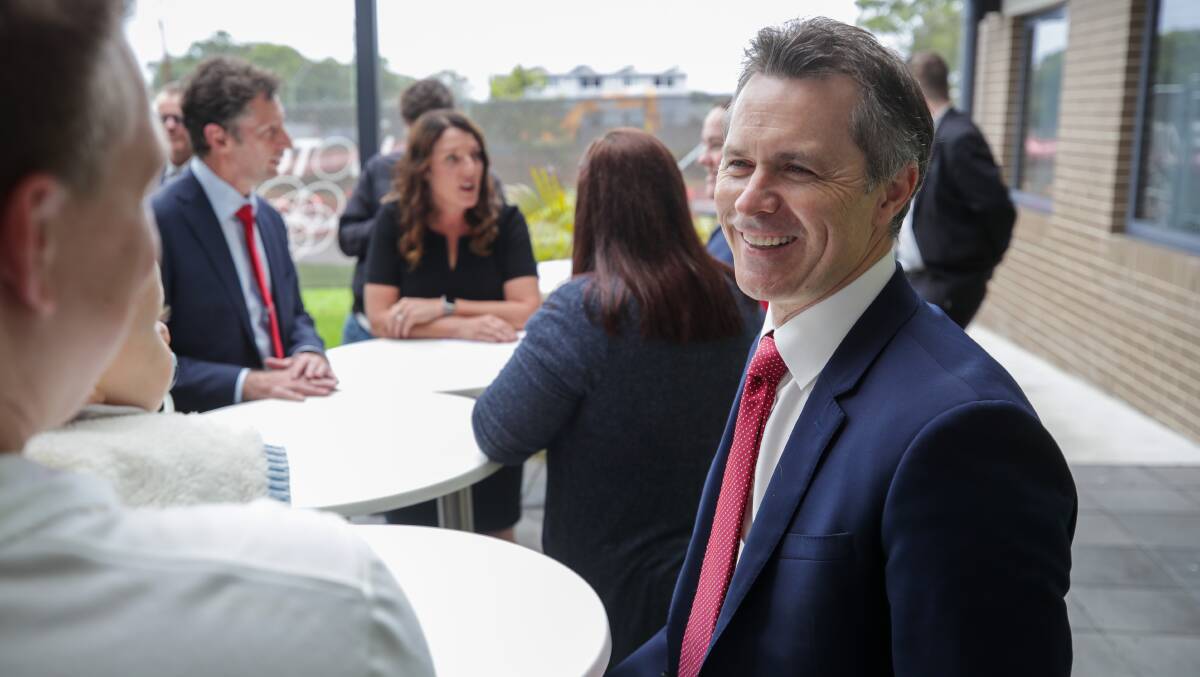
The Albanese Labor government is ending the compulsory religious aspect of the $60 million a year National School Chaplaincy Program, giving schools a choice of chaplain or professionally-qualified student welfare officer.
Subscribe now for unlimited access.
or signup to continue reading
The voluntary wellbeing, pastoral care and mentoring program for school students was introduced by the Howard government in 2006. Delivered and managed by state and territory governments through a national agreement, it had been boosted during the COVID-19 pandemic by $200 million to support children's mental health.
But the program's requirement that chaplains must be recognised or endorsed by a religious institution has caused controversy, even though they are banned from evangelising or proselytising and are engaged to provide "general spiritual and personal advice". In 2019, the ACT government ended association with the program saying religious chaplains were incompatible with the secular operation of public schools under the Education Act. Independent Senator Jacqui Lambie had blasted the school chaplaincy program as "not enough" for kids needing mental health support.
Quietly flagged during the election campaign, ACM can reveal the new Education Minister, Jason Clare, has quickly moved to open up the program to give schools the option to choose either a professionally qualified student welfare officer or a chaplain.
"I want to open up the program and give schools a choice," Mr Clare said. "I want schools to be able to have a choice whether they employ a chaplain or a professionally qualified student welfare officer.
"I'll work with the state and territory education ministers on these changes over the next few months so that it's ready to go for when school starts next year."
The program offers just over $20,000 to each of the more than 3000 schools every year to engage chaplains. Along with the ban on proselytising, chaplains must be certified youth workers and must complete a three-hour online course on cyberbullying. However, they are not required to be qualified and accredited counsellors.
READ MORE
The Australian Education Union has a long-standing position against the chaplaincy program, regarding school chaplains as not qualified and their use as a "thinly veiled cover for an ideological push to get religion into public schools". It saw the pandemic being used as a "smokescreen" to further the influence of religious organisations.
The federal education minister said genuine choice is required for children in need.
"I don't think this is controversial. I think this is common sense," he said.
"We want qualified people to be doing this sort of work.
"And that's why I've stressed the point that by opening this up, we want to open it up to qualified student welfare officers.
"But also the extra funding which we committed during the election, the $200 million in additional funding to help kids bounce back from COVID, can be used to help fund services like professional counsellors, psychologists, as well as the sorts of activities that schools run that can help kids bounce back, you know, things as simple as school camps and vacations."
The Coalition brought in controversial changes in 2015 that chaplains must be associated with a religious organisation. In the same year, the ACT opted to no longer accept federal funding for chaplains. Victoria also opted to include secular chaplains or atheist counsellors. However, there has been concern that jobs are only being offered to Christian candidates.
"I think schools right across the country know that a lot of students are under a lot of pressure at school and that a helping hand, a bit of professional advice and support can really help," Mr Clare said.
"There's a lot of kids who don't love school, you know, for a lot of kids school can be pretty tough, whether they're being bullied or just feel like they don't fit in. And I think COVID has made a lot of that worse.
"By providing more choice, I think more schools will be keen to take up this opportunity."

Last December, after a parliamentary inquiry into mental health and suicide prevention, the Morrison government commissioned an independent review of the program by the Education Department.
The Minister said the evaluation will still go ahead.
"Whenever the Commonwealth government invests money and services they should be reviewed, they should be examined, you want to make sure that you're getting value for money, you want to make sure that they're working," Mr Clare said.
"We need to continually review the work that we're doing to make sure that we're making a difference."


